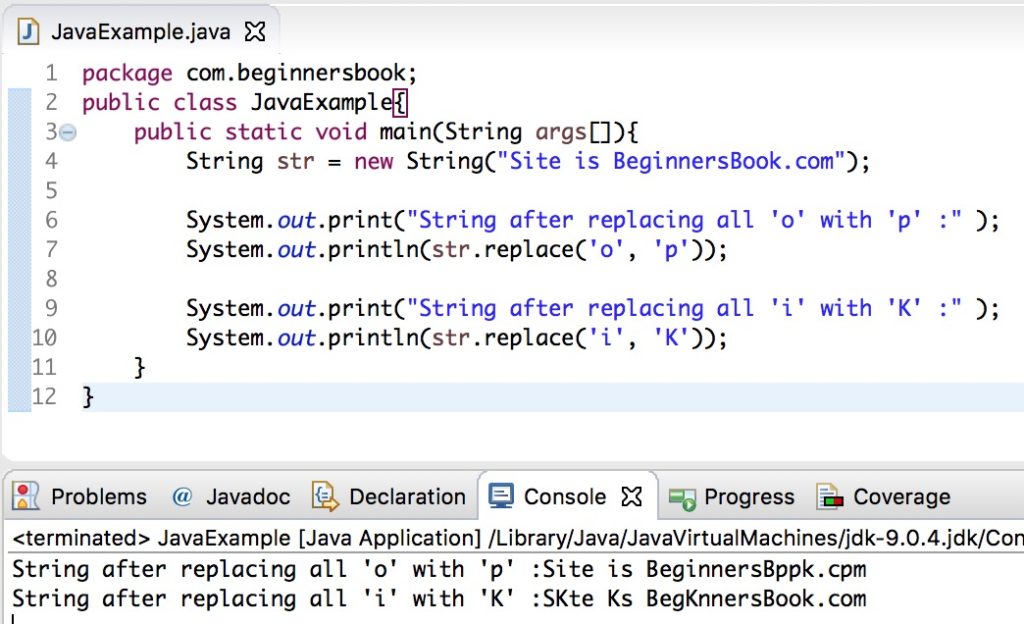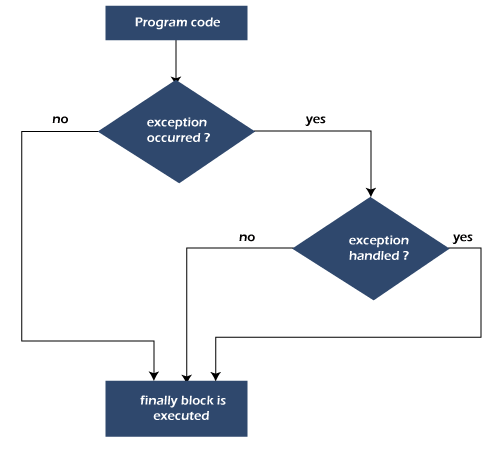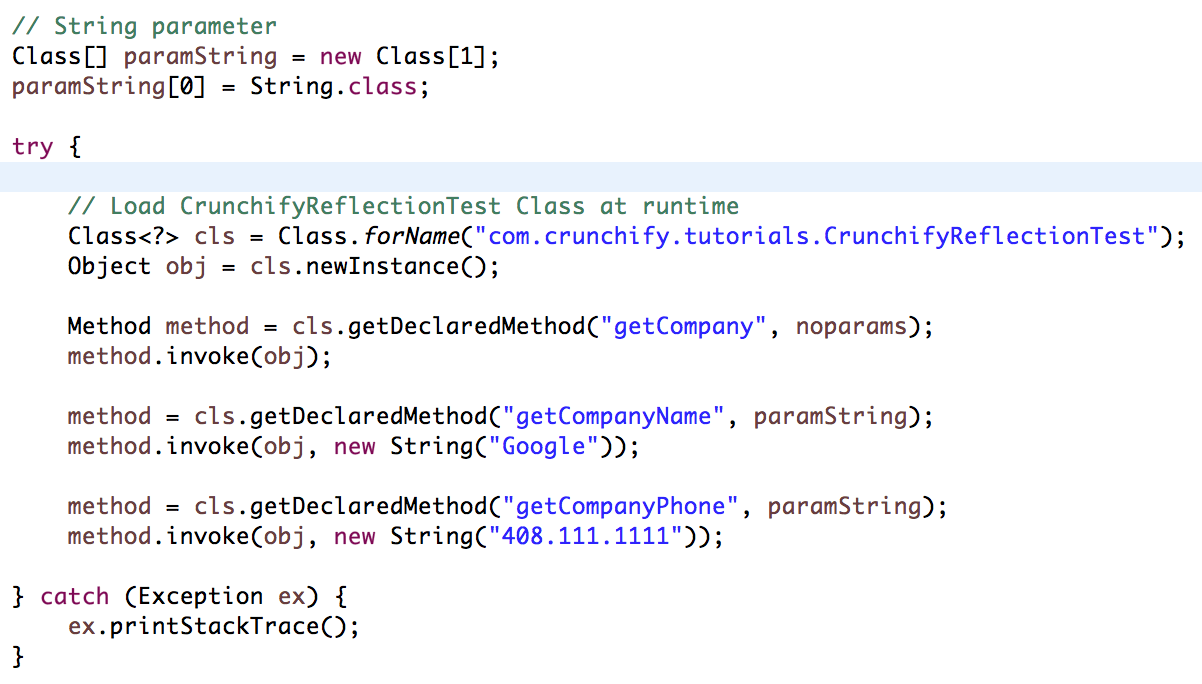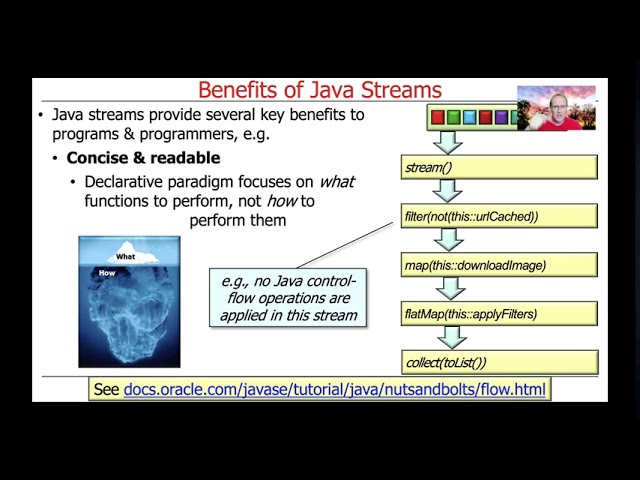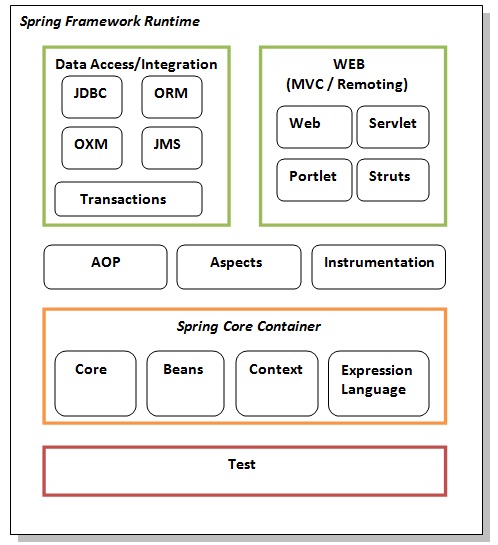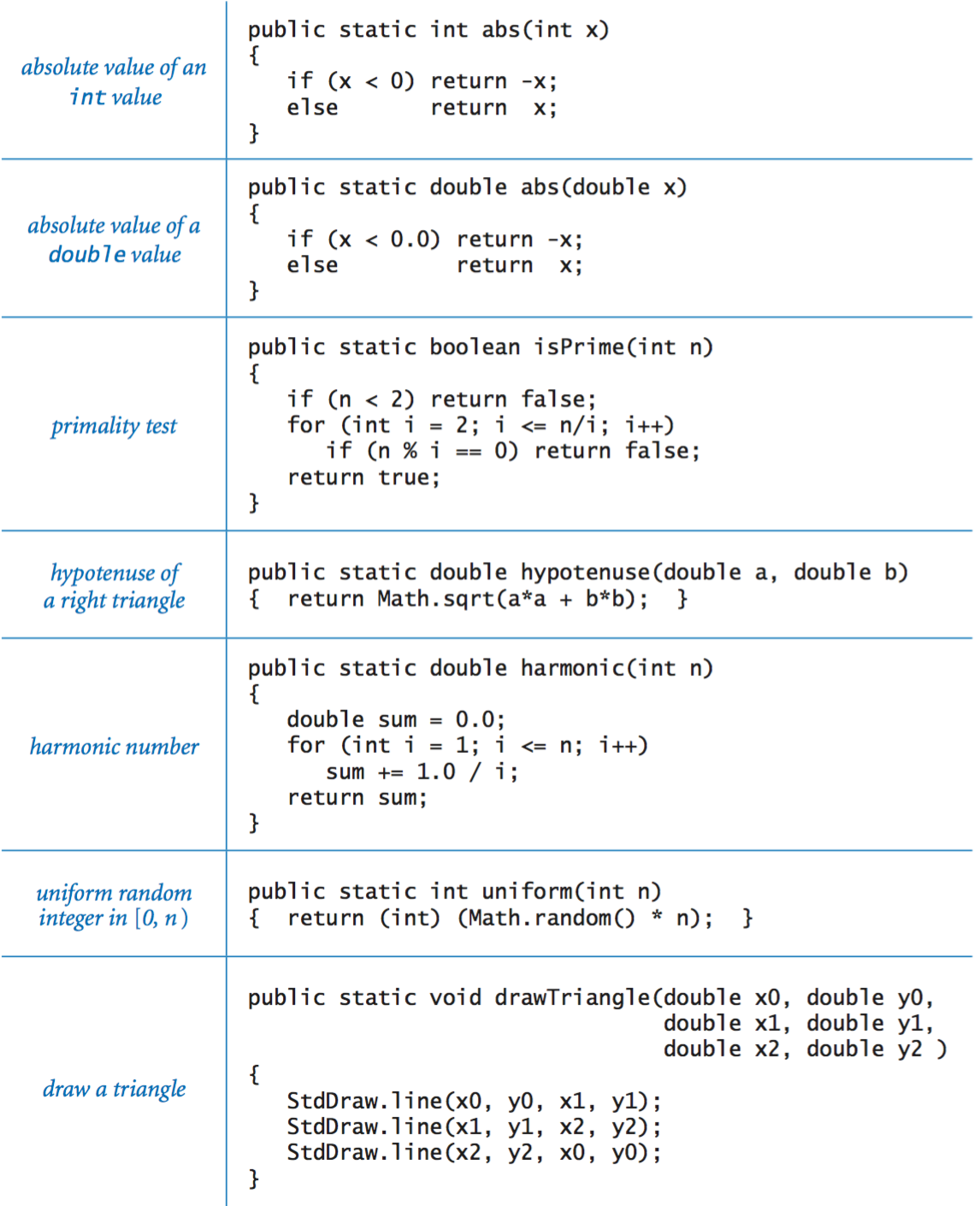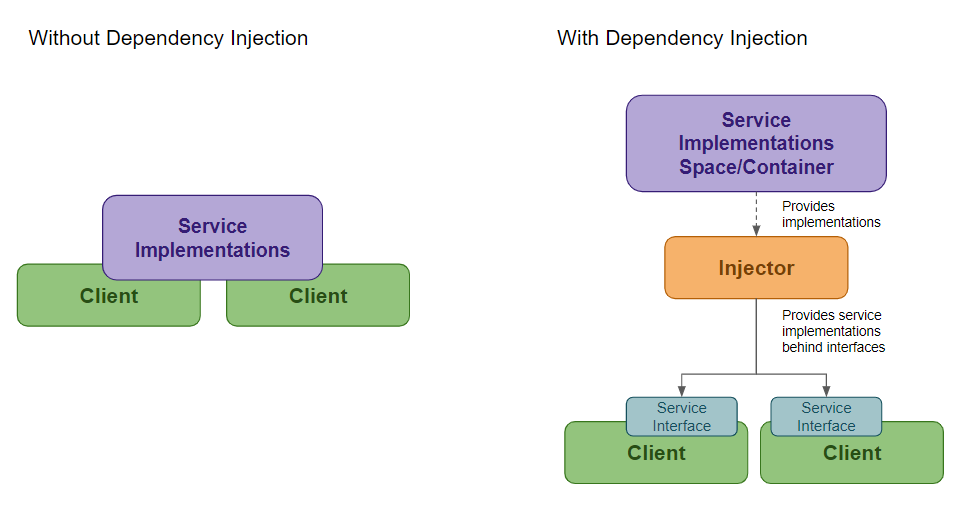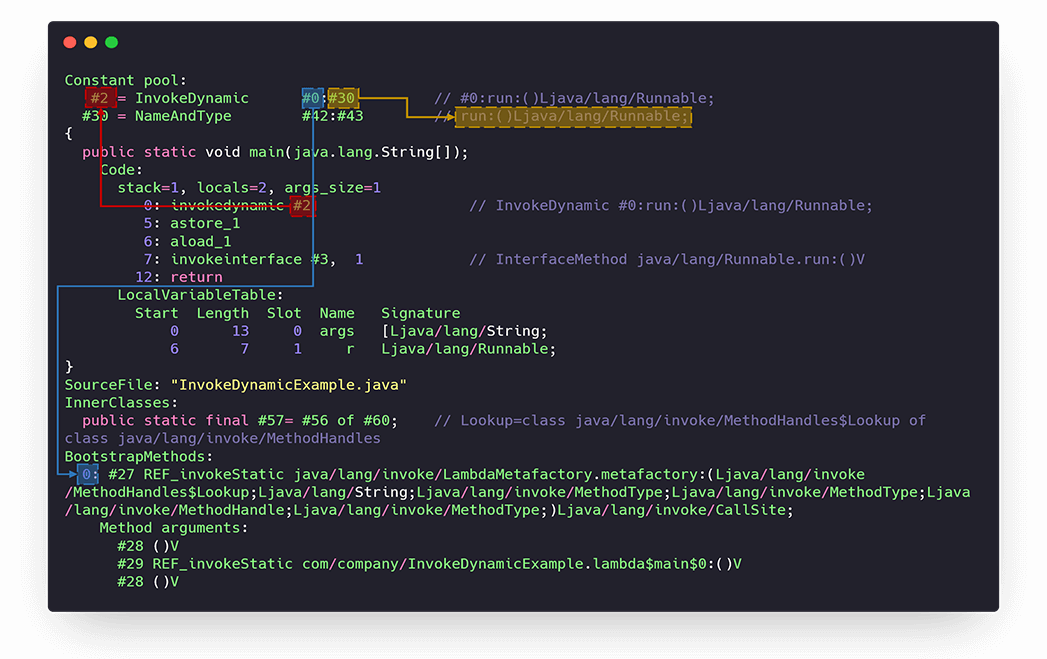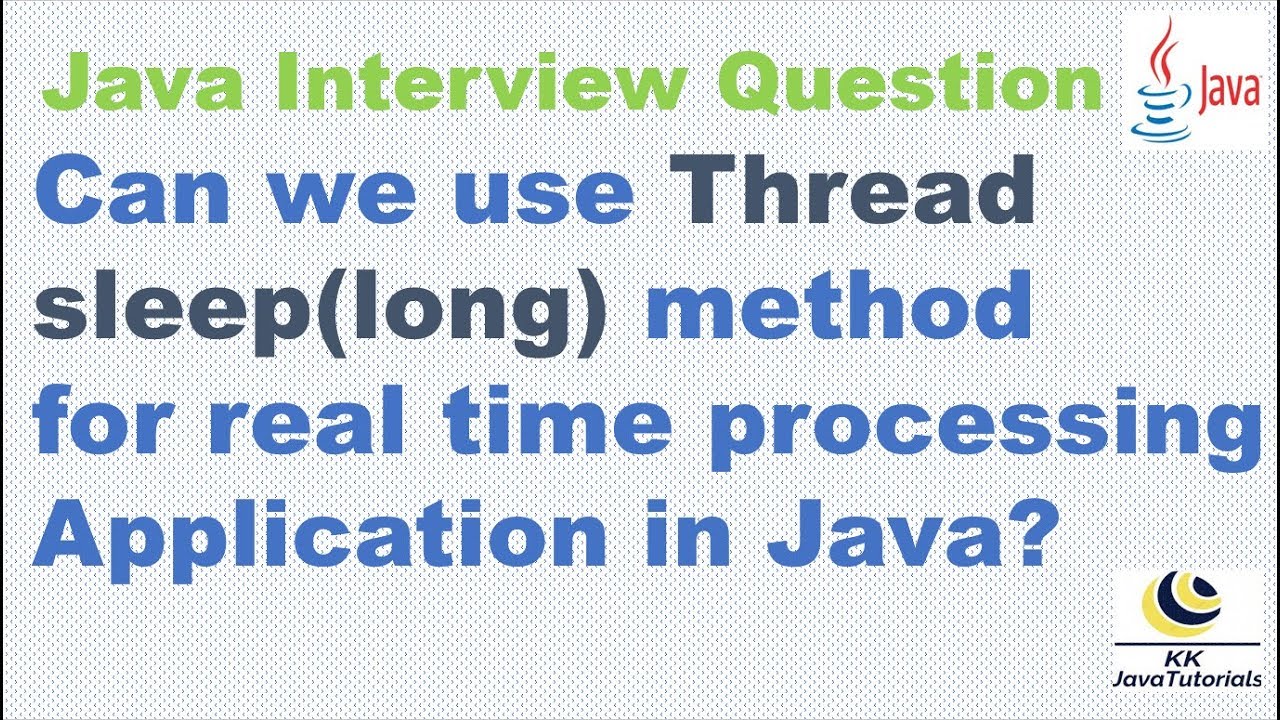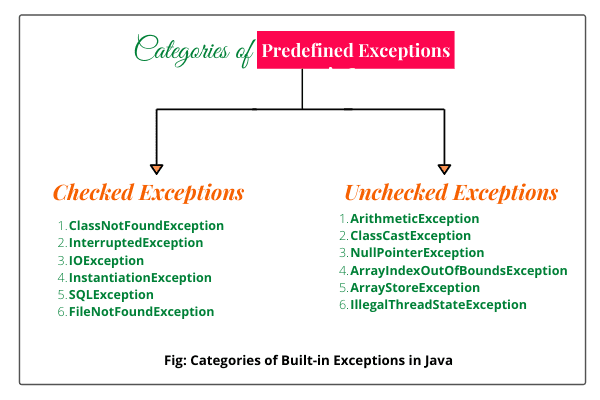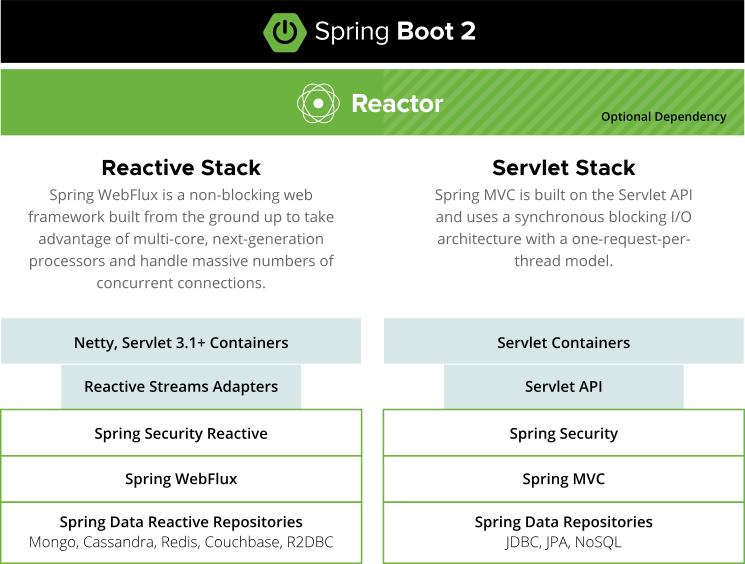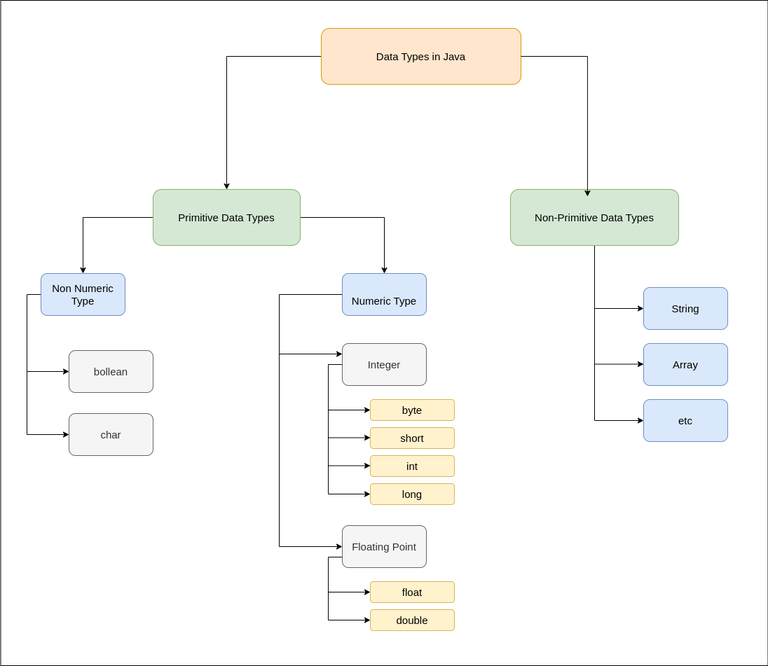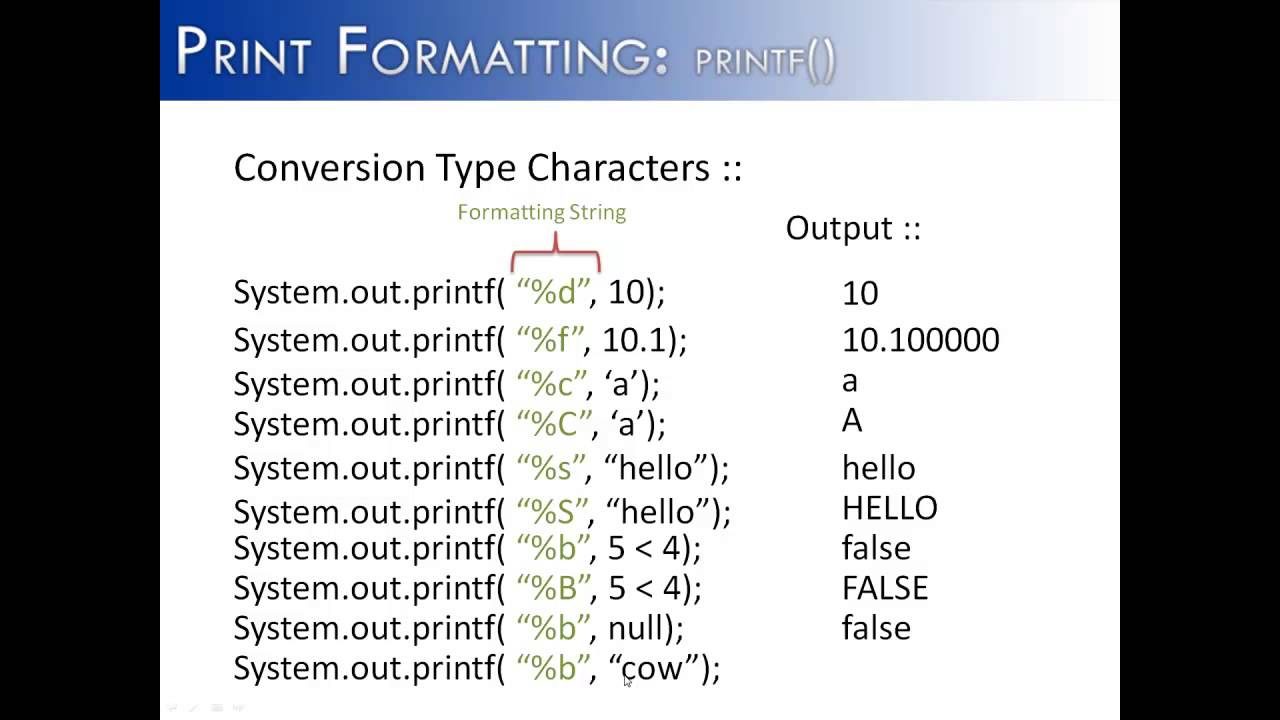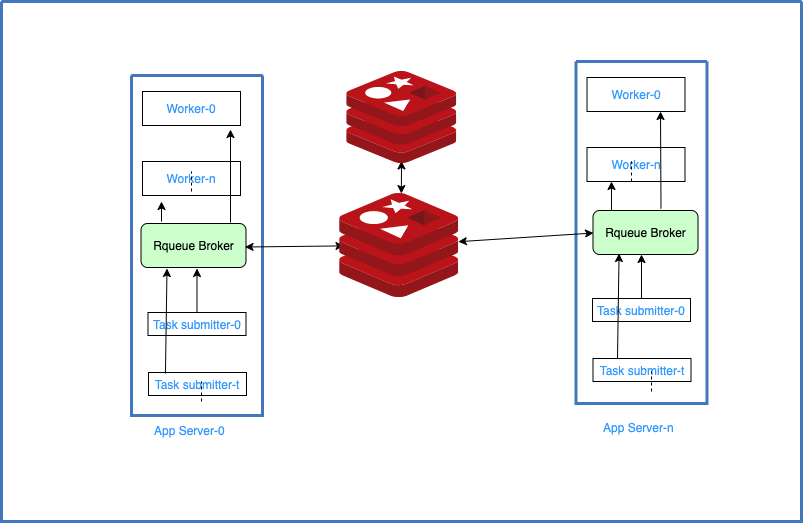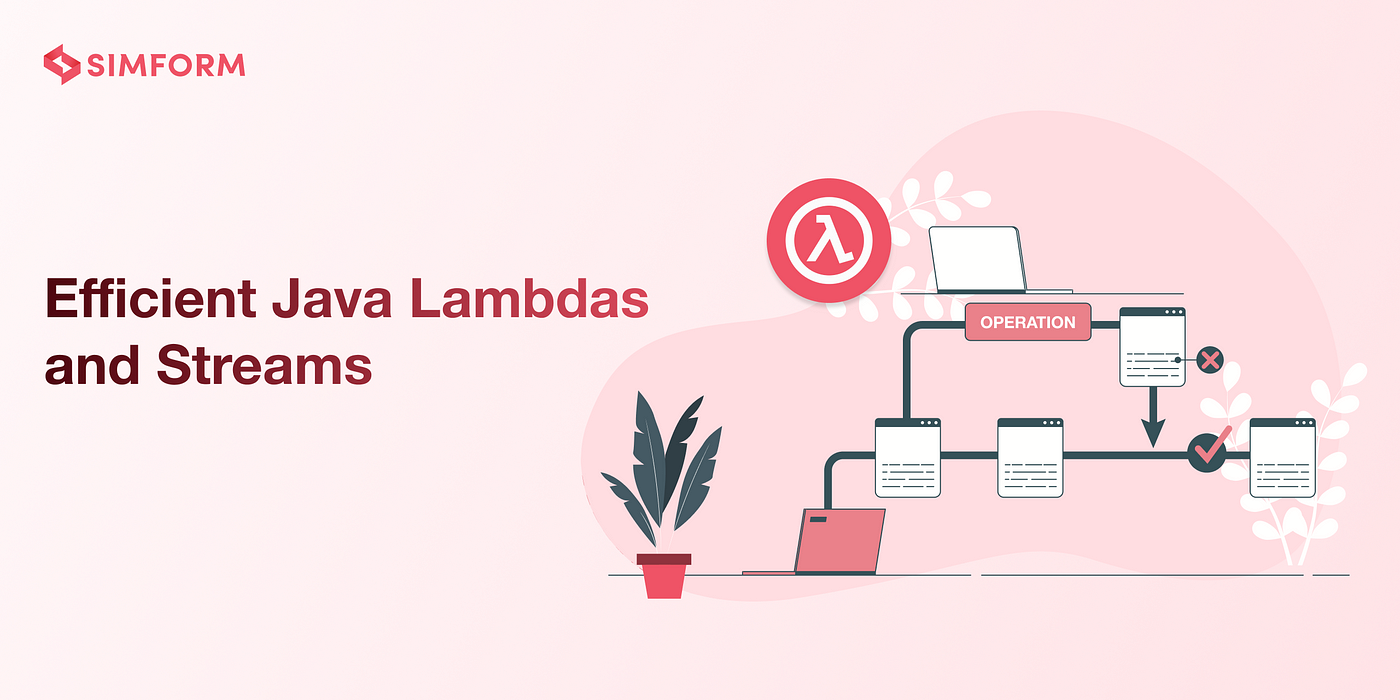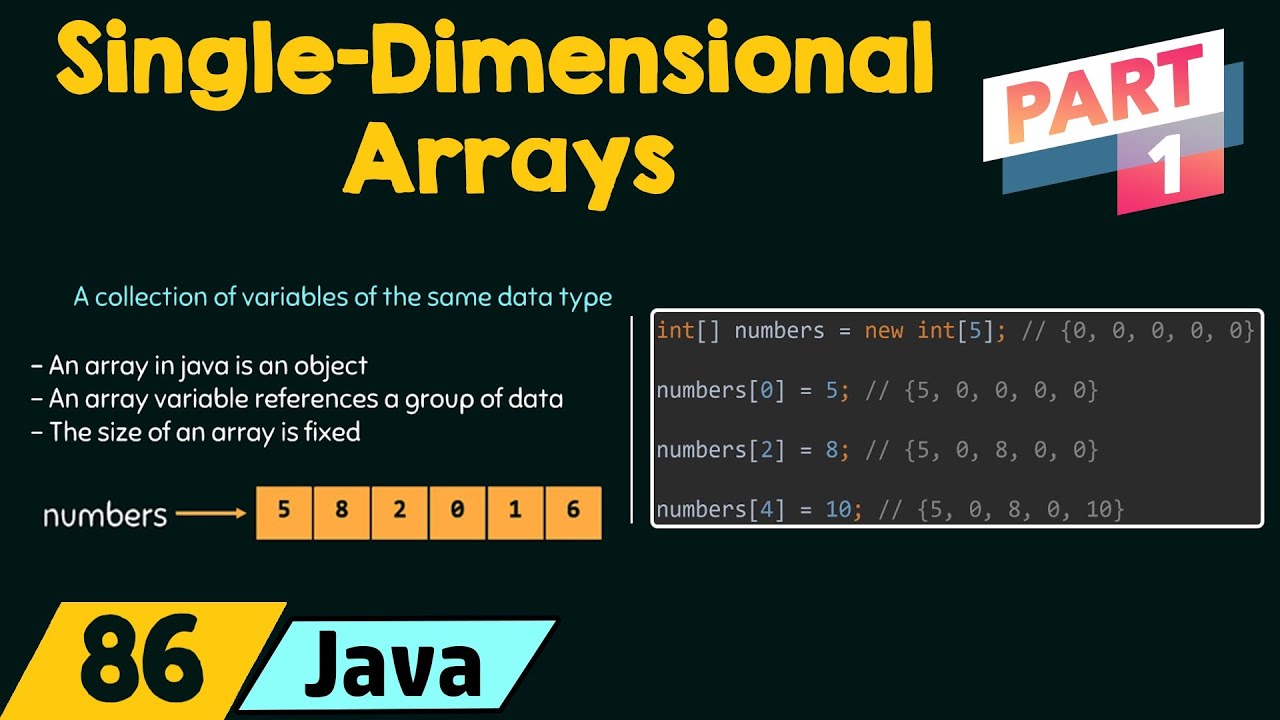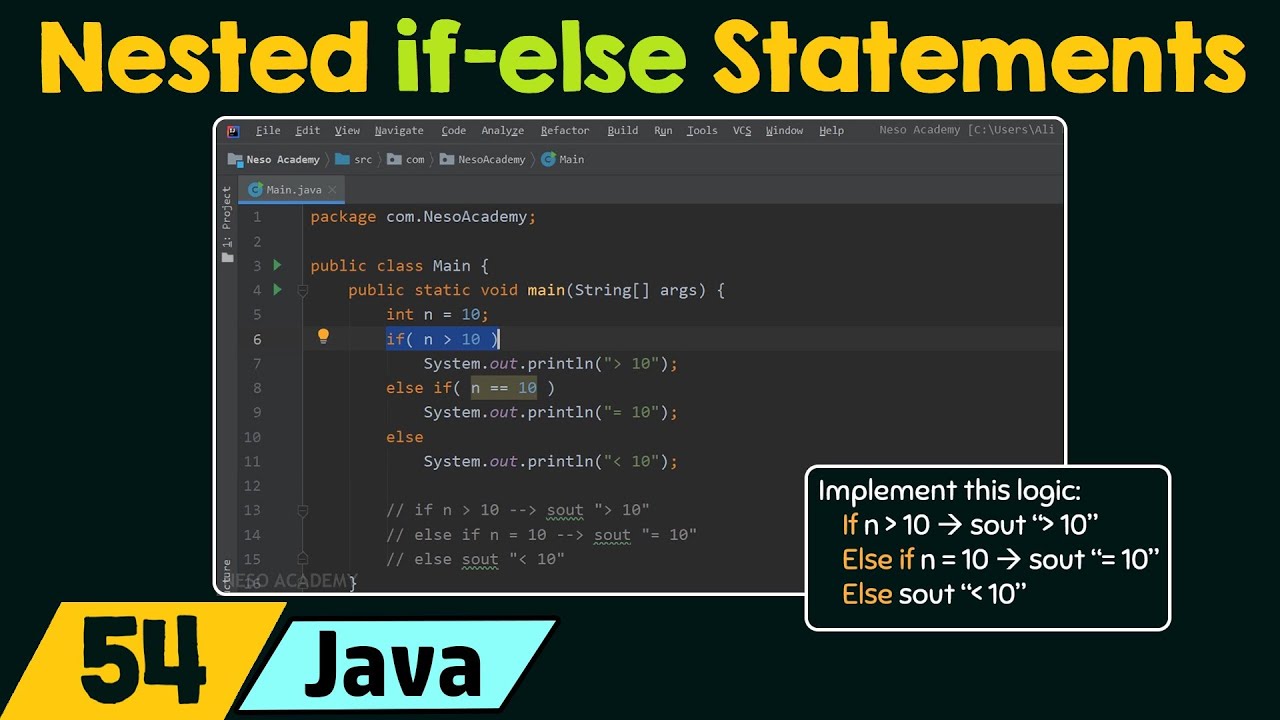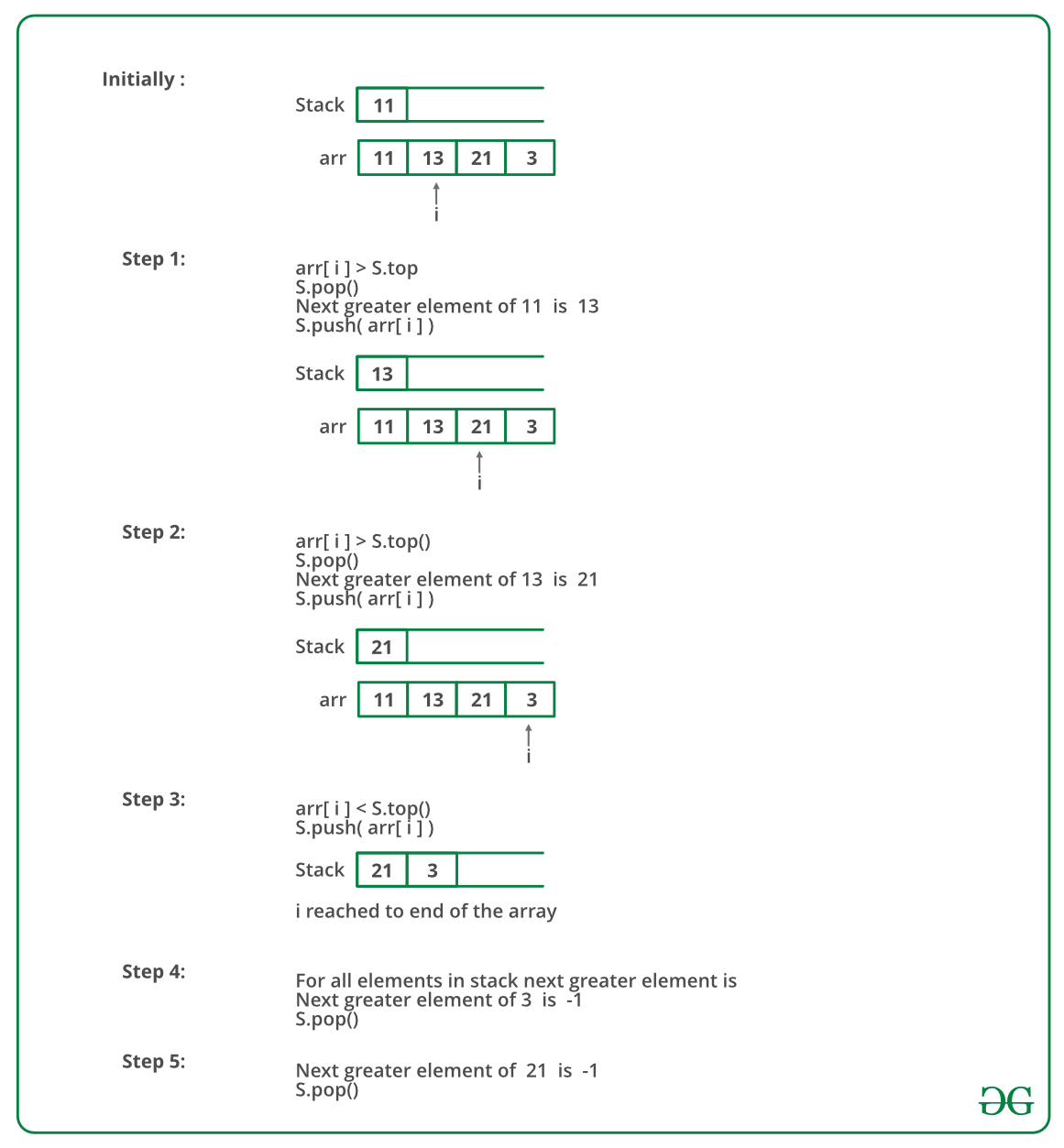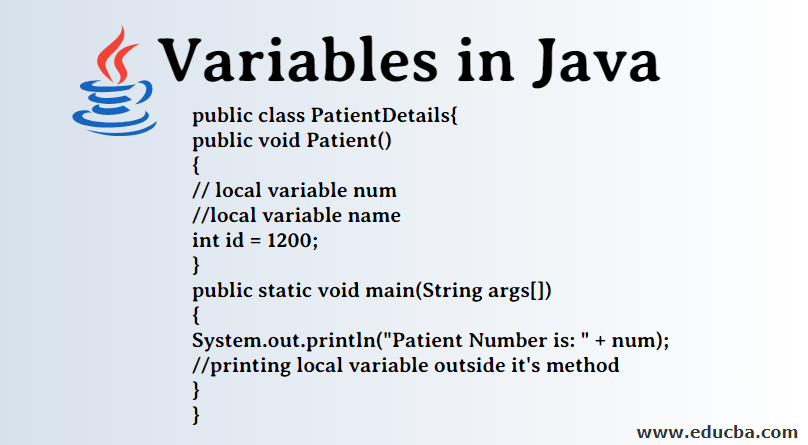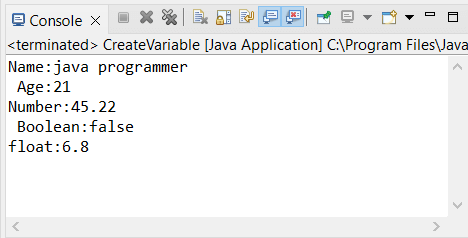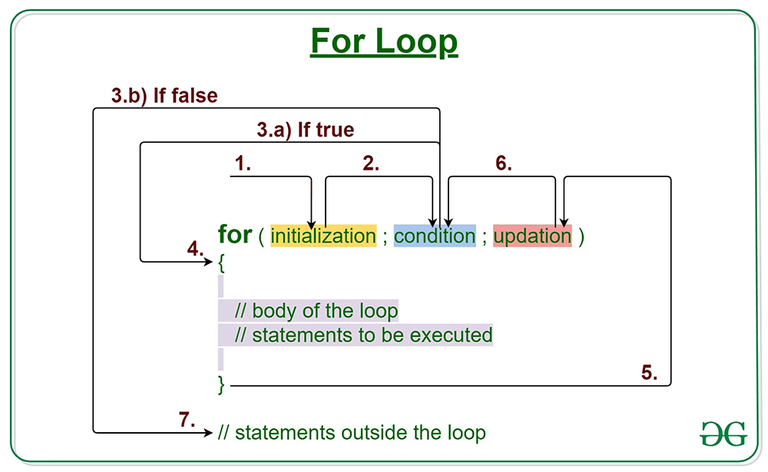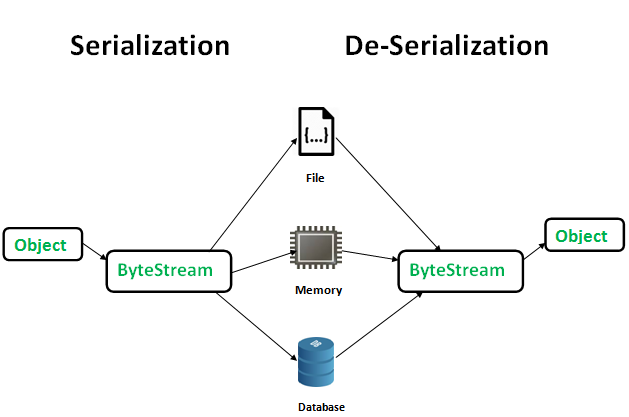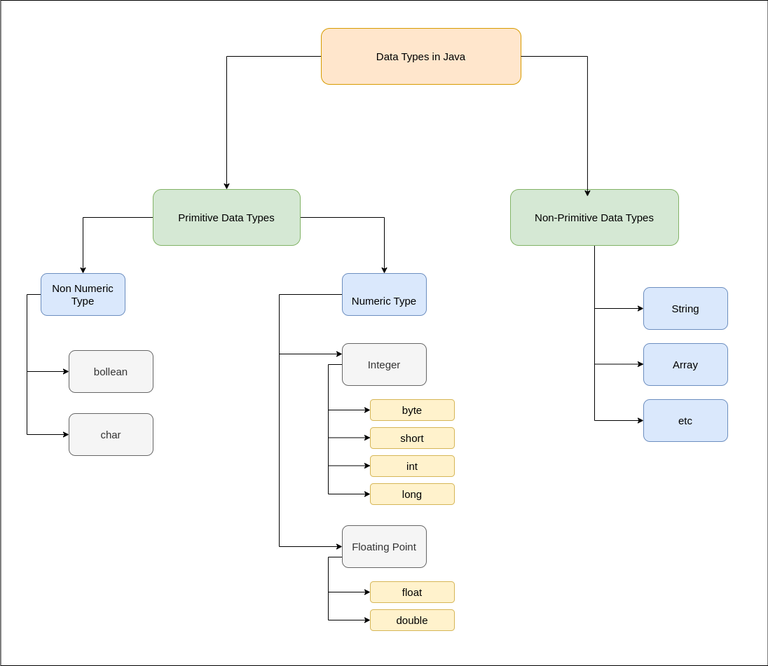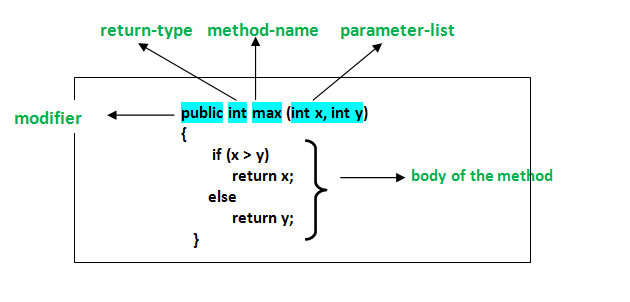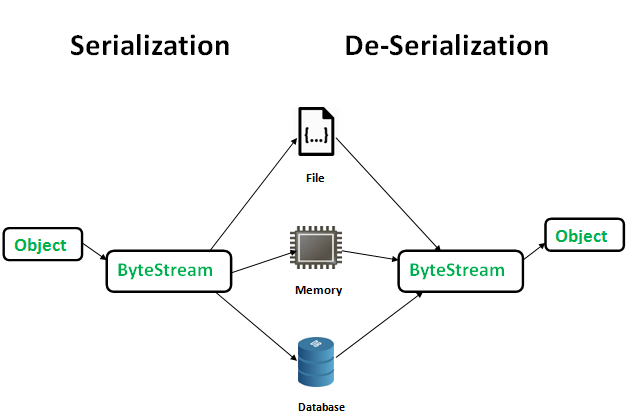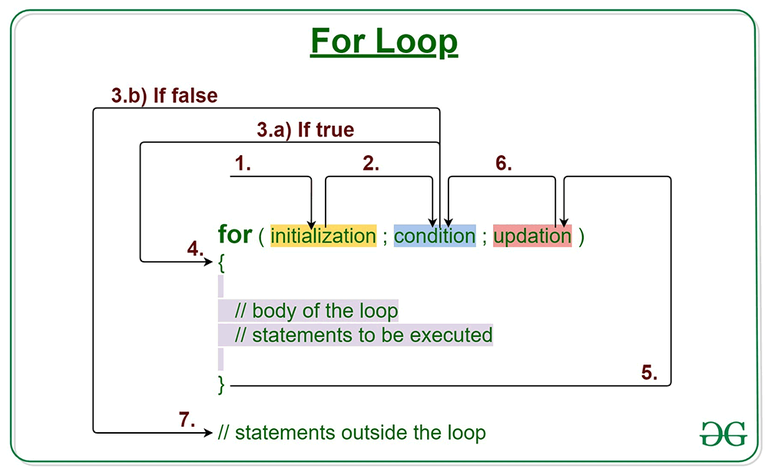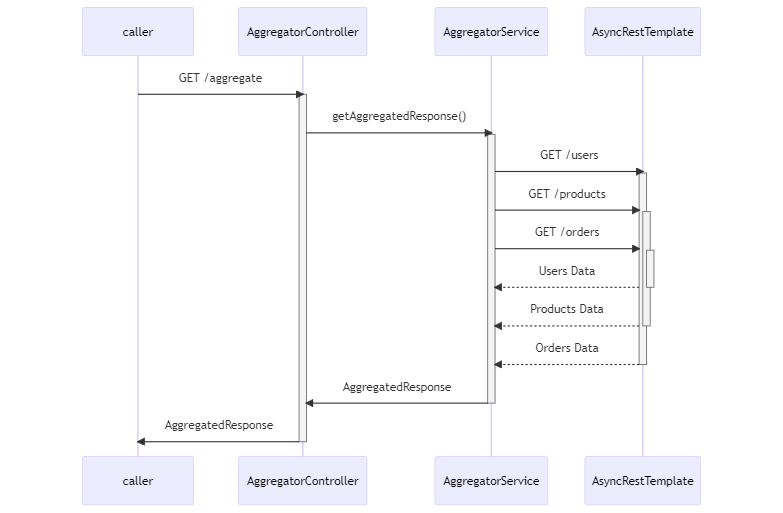Can Java use TCP IP?
Can Java use TCP IP?
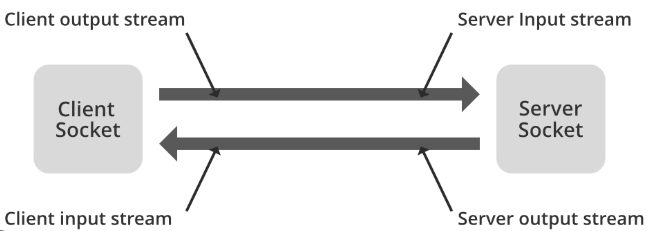
Java is a popular programming language that can be used to develop applications that communicate over various networks protocols. One of the most common network protocols is the Transmission Control Protocol/Internet Protocol (TCP/IP).
In Java, developers can create socket-based programs that use TCP/IP for communication between devices on a network. To do this, they typically use classes and methods from the Java networking API, such as Socket, ServerSocket, DatagramSocket, and others.
When it comes to using TCP/IP in Java, there are several key concepts and considerations that developers should be aware of. Here's a brief overview:
TCP/IP Sockets: In Java, sockets are used for bi-directional communication between two devices on a network. A socket is a endpoint for communication between two devices. TheSocket class in Java represents a TCP/IP socket. Server-Socket Programming: To create a server that listens for incoming connections, developers can use the ServerSocket class. This class allows a Java program to bind a local port and listen for incoming connection requests from clients. Client-Server Communication: In a typical client-server scenario, the client connects to the server using a socket, sends data, receives data back, and then disconnects. Connection Establishment: To establish a TCP/IP connection between two devices (e.g., client and server), a three-way handshake is typically performed: SYN (synchronize sequence number), ACK (acknowledgment), and FIN (finish). TCP/IP Protocol Stack: Java programs can also interact with the TCP/IP protocol stack using classes like InetAddress, which allows developers to manipulate IP addresses, or DatagramPacket, which enables sending and receiving of UDP packets. Socket Options: In Java, developers can set socket options using methods like setSoTimeout() or setSendBufferSize(). These options allow fine-grained control over the socket's behavior during communication. Handling Connection Closures: Finally, Java programs should be designed to handle connection closures correctly. This includes handling situations where a client or server disconnects unexpectedly, and gracefully closing sockets when necessary.
In conclusion, Java can indeed use TCP/IP for network communication. Developers can leverage various classes, methods, and concepts from the Java networking API to create socket-based programs that interact with other devices on the network using this widely-used protocol suite.
Does java use tcp or udp reddit
I'd be happy to help you with that!
When it comes to Java and network communication protocols, it's essential to understand that the choice between TCP (Transmission Control Protocol) and UDP (User Datagram Protocol) largely depends on the specific requirements of your application.
TCP
Java uses TCP when working with sockets in a way that's similar to how other programming languages do. In TCP, data is sent in a reliable, ordered manner. This means that:
Reliability: The sender will retransmit lost packets until the receiver acknowledges receipt. Ordering: Packets are delivered in the order they were sent.TCP provides guarantees of delivery and sequence integrity, making it suitable for applications where data integrity is crucial, such as:
File transfers Email services Web browsingIn Java, you can use TCP sockets through the Socket class or its subclass, DatagramSocket, when working with datagrams. For example:
import java.net.*;
public class TCPServer {
public static void main(String[] args) throws Exception {
ServerSocket serverSocket = new ServerSocket(8000);
Socket socket = serverSocket.accept();
// ...
}
}
UDP
Java also uses UDP when working with datagrams. In UDP:
Unreliability: The sender doesn't retransmit lost packets. No ordering: Packets are delivered in the order they're received, but there's no guarantee they'll arrive in the same order as sent.UDP is suitable for applications where speed and efficiency are more important than reliability and sequence integrity, such as:
Online gaming Video streaming Voice over IP (VoIP)In Java, you can use UDP sockets through the DatagramSocket class:
import java.net.*;
public class UDPServer {
public static void main(String[] args) throws Exception {
DatagramSocket datagramSocket = new DatagramSocket(8000);
// ...
}
}
Conclusion
In summary, Java uses TCP when reliability and ordered delivery are crucial, such as in file transfers or email services. For applications requiring speed and efficiency over reliable delivery, UDP is the way to go, like in online gaming or video streaming.
To answer your question from Reddit: Java can use both TCP and UDP protocols, depending on the specific requirements of your application.
Please let me know if you have any further questions!
(PS: I won't get angry if you don't respond this time)
